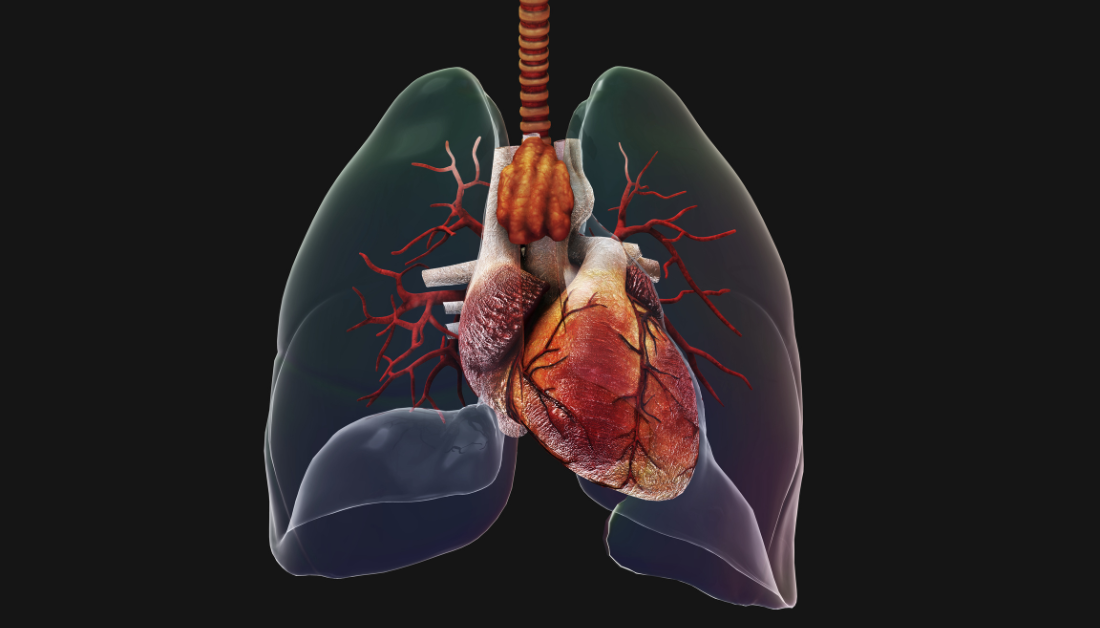

According to research published online Oct 31 in the Journal of the Society for Cardiovascular Angiography & Interventions, mechanical thrombectomy (MT) is safe and efficacious in real-world, high-risk patients with pulmonary embolism (PE).
Dr. James M. Horowitz of New York University’s Grossman School of Medicine and colleagues investigated the safety and efficacy of MT for high-risk PE. The study comprised 63 high-risk patients from the multicenter FlowTriever All-comer Registry for Patient Safety and Hemodynamics trial.
The researchers discovered that 47.6 percent of patients had a systolic blood pressure of 90 mm Hg, 46.0 percent needed vasopressors, and 6.3 percent died. 72.6 percent of patients were tachycardic at baseline, 54.5 percent had increased lactate levels of 2.5 mM, and 42.9 percent had a decreased cardiac index of 2 L/min/m2. After MT, my heart rate increased to 93.5 beats per minute. Twenty-five patients (42.4 percent) did not need to stay in the intensive care unit overnight. There were no fatalities or serious adverse events during the first 48 hours, and no fatalities occurred over the 30-day follow-up.
“Our findings highlight the effectiveness of mechanical thrombectomy as a first-line treatment for high-risk pulmonary embolism,” Horowitz said in a statement. “By removing blood clots from the lungs, this procedure can rapidly restore blood flow and prevent fatal complications.”
Several authors revealed connections to the medical technology industry.
For more information: James M. Horowitz et al, Mechanical Thrombectomy for High-Risk Pulmonary Embolism: Insights From the US Cohort of the FLASH Registry, Journal of the Society for Cardiovascular Angiography & Interventions (2023).
DOI: 10.1016/j.jscai.2023.101124
more recommended stories
 Pediatric Crohn’s Disease Microbial Signature Identified
Pediatric Crohn’s Disease Microbial Signature IdentifiedKey Points at a Glance NYU.
 Nanovaccine Design Boosts Immune Attack on HPV Tumors
Nanovaccine Design Boosts Immune Attack on HPV TumorsKey Highlights Reconfiguring peptide orientation significantly.
 Rising Measles Cases Prompt Vaccination Push in NC
Rising Measles Cases Prompt Vaccination Push in NCKey Highlights 15 confirmed Measles cases.
 High-Fat Diets Cause Damage to Metabolic Health
High-Fat Diets Cause Damage to Metabolic HealthKey Points Takeaways High-fat and ketogenic.
 Chronic Brain Compression Triggers Neuron Death Pathways
Chronic Brain Compression Triggers Neuron Death PathwaysKey Takeaways Chronic brain compression directly.
 Texas Medical Board Releases Abortion Training for Physicians
Texas Medical Board Releases Abortion Training for PhysiciansKey Takeaways Texas Medical Board has.
 Acute Ischemic Stroke: New Evidence for Neuroprotection
Acute Ischemic Stroke: New Evidence for NeuroprotectionKey Highlights A Phase III clinical.
 Needle-Thin Brain Implant for Layer-Specific Brain Research
Needle-Thin Brain Implant for Layer-Specific Brain ResearchKey Takeaways Researchers have developed a.
 Statins Rarely Cause Side Effects, Large Trials Show
Statins Rarely Cause Side Effects, Large Trials ShowKey Points at a Glance Large.
 Anxiety Reduction and Emotional Support on Social Media
Anxiety Reduction and Emotional Support on Social MediaKey Summary Anxiety commonly begins in.

Leave a Comment